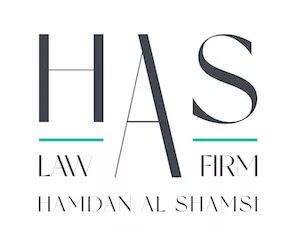A number of important new changes have been made to the DIFC Employment Law.
The major change is that a limitation period for the bringing of claims has now been introduced. That is six months and requires either party to bring a claim within that period, or have their claim time barred. This requirement brings the DIFC Law into line with other comparable jurisdictions.
As is well understood in the UAE, the payment of end of service gratuity is calculated upon the base wage or salary and excludes benefits and allowances. Naturally this has lead to a tendency by employers to stack up the allowances (car, housing, education etc) and thereby reduce the base salary and the consequent gratuity obligation. The new law provides for a maximum percentage for benefits and allowances, so that the base salary is never less than 50% of the total package.
Three additional anti-discrimination provisions have been added to the existing law: age, maternity and pregnancy. In addition, there are now specific anti-victimization provisions, 5 day paternity leave and ante natal rights for fathers. Mothers get guaranteed nursing breaks.
A system of fines of up to USD 10,000.00 has been brought in to ensure compliance with the new rules.
On the other hand, the duties of employees, which were previously implicit, have been made explicit under the new rules. These include duties of faithfulness, confidentiality, following the employer's reasonable instructions and acting with due skill and care. One can well expect these duties to be raised by employers as both a defence, and as a free standing claim.
Finally, the previously harsh penalty system, which was probably the result of a draftsman's error, has been streamlined. Now, amounts due to the employee must be paid within 14 days and if the total amount outstanding at the end of that period exceeds 1 week's wage or salary, the penalty provisions apply and up to six months wages may be payable in the event of default. The Court now has the discretion to reduce those payments if the challenge is reasonable or if there is fault on the part of the employee.
Our DIFC Team can advise on all aspects of DIFC employment law.
New DIFC Employment Laws – What Is Changing?
The content of this article is intended to provide a general guide to the subject matter. Specialist advice should be sought about your specific circumstances.
We operate a free-to-view policy, asking only that you register in order to read all of our content. Please login or register to view the rest of this article.


